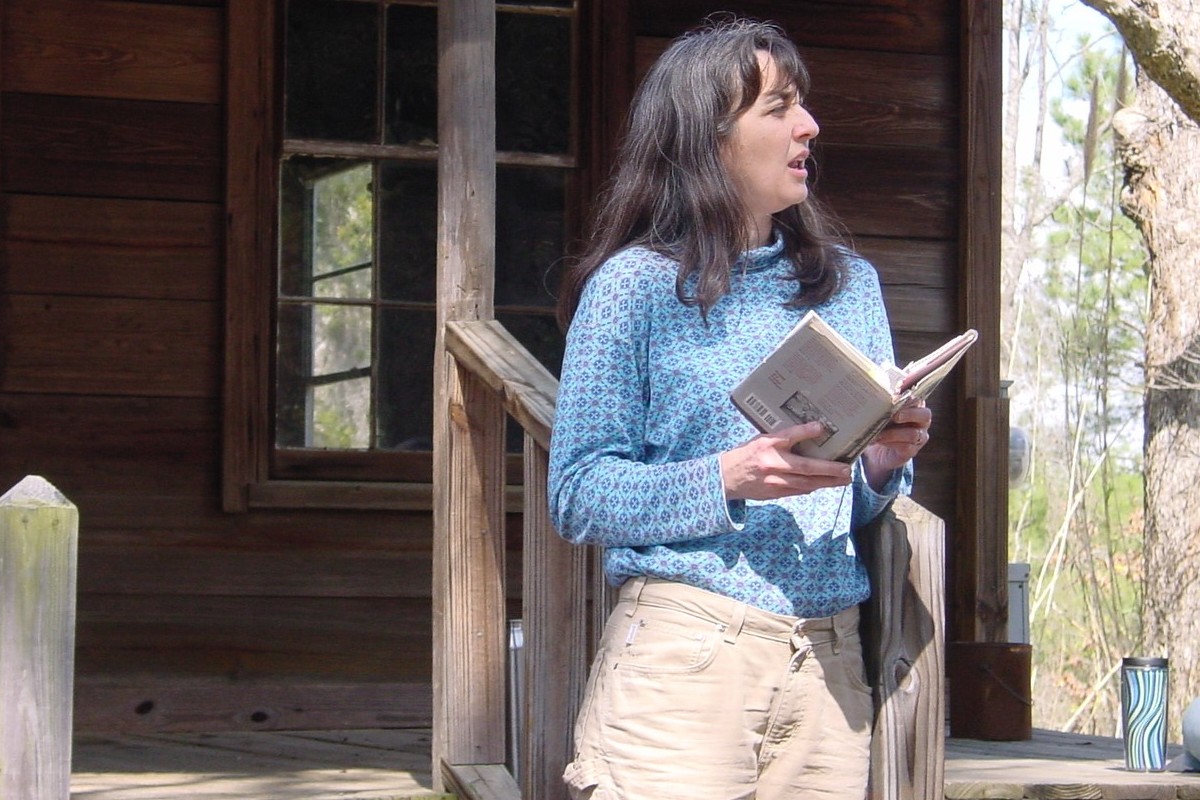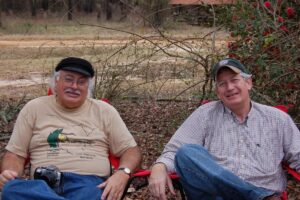By Rick Krause
LILBURN, Ga. | “God doesn’t like a clearcut….”
It’s been a little more than 15 years ago that, when in February 2008, my wife, Sandy, and I were fortunate to have participated in a celebration of The Nature Conservancy’s (TNC) purchase and saving of a tract of land along the Altamaha River near Baxley, called Moody Forest.
The tract was one of the nation’s last remaining old-growth forests, with a diversity of landscapes and large array of wildlife. That includes rare and endangered species which had long made Moody Forest a priority for the conservation community. The Nature Conservancy was determined to save it.
Moody Forest is named for the Moody family, who arrived in Appling County in the mid-1800s and spent much of the next century on the land. They lived amongst the longleaf pine and alongside the Altamaha River.
In 2000, their property passed to 32 descendants of the original Moody settlers, and they decided to sell the land in a closed-bid auction. The land was sought after by the timber industry, but The Nature Conservancy outbid eight timber companies and took possession of the 4,432-acre parcel. As is often the case with TNC’s purchasing property such as this, they turn over the property in which it lies to the State of Georgia. Of this tract, 2,700 acres went to the state and is today managed by Georgia Department of Natural Resources (DNR) as a Wildlife Management Area. They manage the rest of the land as the Moody Forest Natural Area.
Several people were instrumental in the acquisition of the property. Representing TNC and present that February day were Tavia McCuean, then vice president and executive director of TNC in Georgia, and Christie Lambert then (Coastal) Georgia Marine and Freshwater Conservation Director for TNC, both of whom fought hard for this preservation. Shelly Lakly, directing TNC beginning in 2008 and leading the public-private land-management partnership with DNR, was also present.
Also present that day was Cody Laird, a steadfast conservationist whose first love is the longleaf pine, wiregrass ecosystem. Laird had been on the Boards of Trustees and Advisers of the Georgia Conservancy and played a part in saving the tract.
And then there was Janisse Ray of Baxley, renowned author, poet, naturalist, environmental activist, and preservationist, and probably the one who, growing up in the immediate area, knew the area the best and fought the longest and hardest to accomplish the preservation of Moody Forest.
Ray, author of Ecology of a Cracker Childhood, which won the American Book Award and other honors, gave a reading that day from that book. I recall her reading the passage: “God doesn’t like a clearcut…” It couldn’t have been better suited. That passage also got the attention of one of the world’s greatest biologists, Edward O. Wilson, who, in his book, The Future of Life, said, “Her [words] perfectly captures the cadence of an evangelical sermon”.
She wrote, and read that day: “God doesn’t like a clearcut. It makes his heart turn cold, makes him wince and wonder what went wrong with his creation, and sets him to thinking about what spoils the child. He refuses to go into clearcuts at all. He thought he had given his children everything their hearts would desire; what he sees puts him in a quarrelsome mood, wondering where he went wrong.”
It was a wonderful event and a memorable day.
- Have a comment? Send to: elliott@brack.net













Follow Us